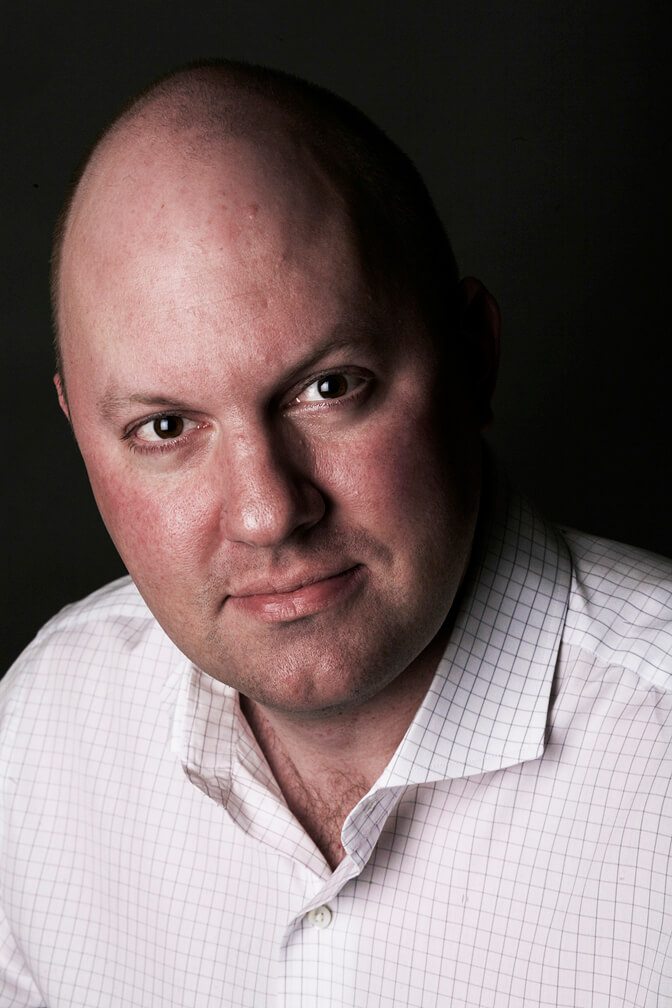 This is the fifth installment in our series flowing from recent dialog with Marc Andreessen. In this post we provide some of Marc’s thoughts regarding ways that government can improve the dialog underway with citizens on the future of automation.
This is the fifth installment in our series flowing from recent dialog with Marc Andreessen. In this post we provide some of Marc’s thoughts regarding ways that government can improve the dialog underway with citizens on the future of automation.
Gourley: How can government start a dialogue with citizens on how AI, robotics and the coming paradigm crushing collision of physical and cyber worlds?
Andreessen: This is a hard question to give an answer to. But I know it is an important one to deal with and there is a need for this dialog now. It is instructive to consider the current issues with NSA. For 50 years the operational assumption was that NSA could work under a “trust me” basis with citizens. Now there has to be a new dialog and trust rebuilt. It is much easier in this case to point to the problem than the solution and the same can probably be said about the broader topic of how to have this new dialogue with citizens.
The good news is that the Internet provides a channel for enhanced communications in many ways. For example, look at the newly established White House petition process called “We The People” where petitions that get a large number of signatures are guaranteed to get a response. This is an early effort but clearly one worth watching. It would be good to see more activities like this, including more online focus groups, discussions, google hangouts with leaders and other engagements.
On a related note, consider the still too common way politicians communicate with crowds during campaigns. The old and still common way is for a politician to give an old but slightly tweaked stump speech to a crowd. Now it is becoming much easier for any citizen to see any previous speech the candidate has given so they can tell if they are being patronized to.
Gourley: Other than national defense and law enforcement, what will be the role of the US government in this future world?
Andreessen: This is also hard to fully answer but one thing is becoming apparent. It is clear that change is accelerating dramatically and there are huge issues with how citizenry deal with the rates of change. Many people will be personally disrupted and others will have fear of having their careers disrupted. This will cause anxiety and concerns with how technology is being used. We should ask ourselves if we want our governments to have a role in helping our citizenry deal with the rapid rate of technological and societal change. We should also think through how change will increase the need for social safety nets. As changes come faster and faster and people’s lives become more disrupted, society will need to help. To embrace change and have capitalism and advancement we will also need a vigorous safety net. This includes help with education, training and other ways to reduce anxiety.
It feels to all of us that the world is changing fast, and it is.
Gourley: Thank you Marc.
Andreessen: My pleasure.
This concludes our five part series from our discussions with Marc Andreessen. Find all posts at:
- 1- Marc Andreessen on the Future of Technology and Implications for Government Service to Citizens: Likely scenarios of the future operating environment.
- 2- Marc Andreessen on the Future of Technology and the Nature of Government Services: Track leaders in industry to watch this evolve.
- 3- Marc Andreessen on the Future of Technology and Automation, Robotics, and AI can Impact Government Service: Issues on these topics exist in three major domains, Government, Business, Individuals
- 4- Marc Andreessen on the Future of Technology and Implications for Interactions Between Government and Citizens: Which government services will be online and what might the implications of that be?
- 5- Marc Andreessen on the Future of Technology and Implications for Enhancing Government Dialog with Citizens: The Internet is providing an enhanced channel for this dialog.